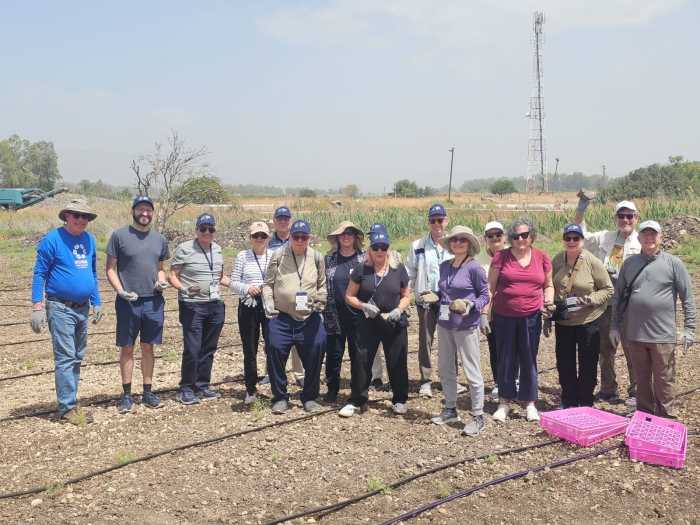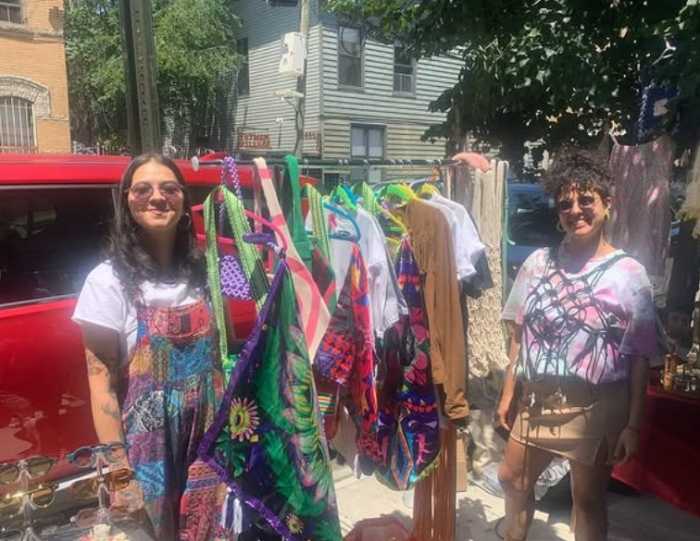By John Tozzi
CB 11 has a policy of not offering recommendations on such facilities, but as part of a 1978 state law known as the Padavan Law, after Sen. Frank Padavan (R-Bellerose), the community must be notified through a hearing when group homes are planned.The board also approved a variance for Star Toyota on Northern Boulevard in Bayside with conditions that the dealer, which has been the subject of many complaints, add a fence and stop parking and servicing cars on the street.Officials from the Association for the Help of Retarded Children, the nonprofit planning to open the home, said the residents would be supervised by two to three staff members at all times and posed no danger to the community.”They're not mentally ill. They do not have problems with alcohol or substance abuse and have not been in trouble with the law,” said John Flaherty, who spoke on behalf of AHRC.The group, which Flaherty said operates about 50 programs with close to 500 beds in the city, is dedicated to helping people with disabilities live as independently as possible.The eight people who would move into the house, located at 57-04 254th St., are all current Queens residents between 36 and 54 years old, Flaherty said. The group includes six men and two women, and all are classified as moderate to severe disabilities.While at least one person at the meeting said she was opposed to the group home under any circumstances, others questioned whether the house is big enough for eight adults.Flaherty assured the board that the house is large enough, and the organization requires a minimum of 120 square feet for a double bedroom and 80 square feet for a single. He also said some interior renovations, including installing sprinklers, fire doors and hot water controls, would be necessary. All the residents would also attend day training, he said.Some on the community board took issue with the financing of the home-the state picks up the cost, close to $1 million, of buying the home and additional costs of operating it. But CB 11 Chairman Jerry Iannece said the funding was a state issue, and the purpose of the hearing was simply to notify the community about the home.He added that in the past, when group homes were met with strong opposition, some residents' concerns had been dispelled by touring other facilities.”One came into Bayside Hills and it was the first in Bayside Hills and people freaked out,” Iannece said in a phone interview Tuesday, noting that he was president of the Bayside Hills Civic Association at the time. But after members toured other facilities and saw how they worked, “we saw that they blended in,” he said.There are 24 group homes within CB 11, according to district manager Susan Seinfeld.Reach reporter John Tozzi by e-mail at news@timesledger.com or by phone at 718-229-0300 Ext. 188.



































